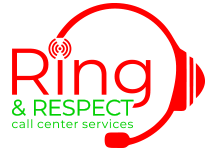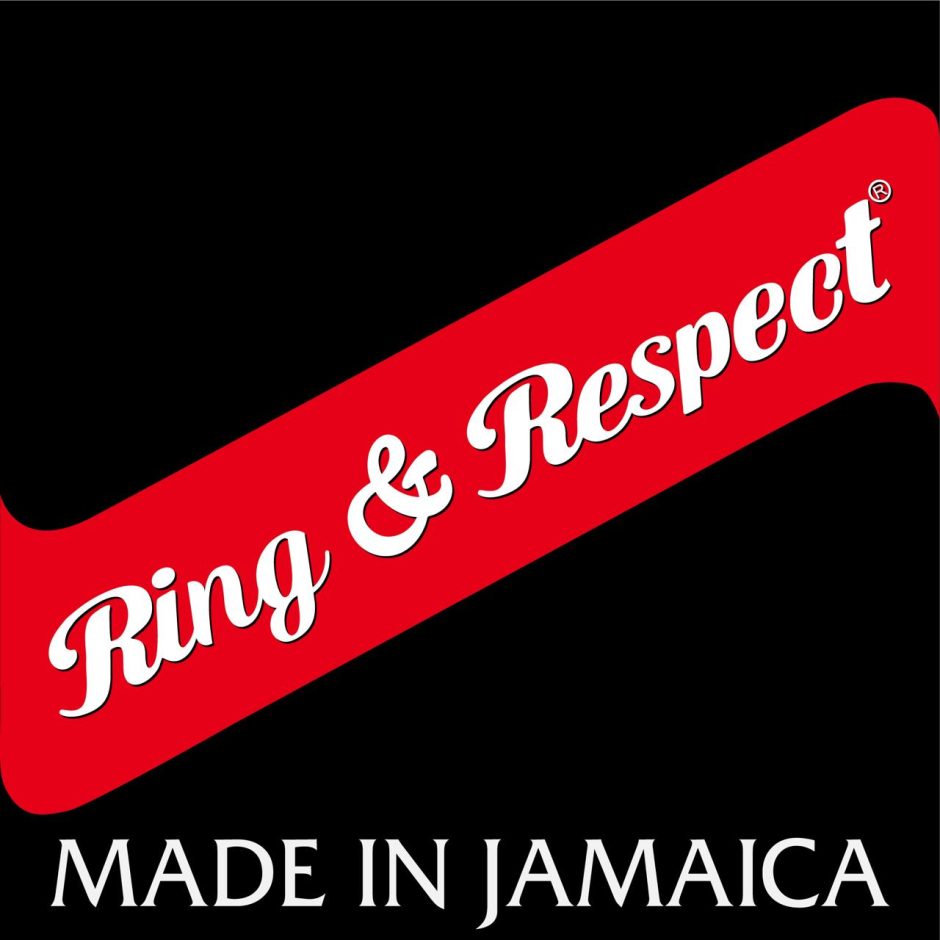Comparing US CX Staff To Jamaican CX Staff
Comparing US call center labor to Jamaican call center labor reveals significant differences in cost, quality, and overall business environment. Here’s a breakdown:
1. Labor Costs
United States: The cost of labor in the US is significantly higher due to minimum wage laws, higher living standards, and stronger labor regulations. Depending on the state and experience level, call center agents in the US typically earn between $12 to $20 per hour, with additional costs for benefits and overhead.
Jamaica: In Jamaica, labor costs are considerably lower, with hourly wages for call center agents ranging from $4 to $7. This wage difference makes Jamaica an attractive destination for outsourcing. Lower costs do not always mean lower quality, as many Jamaican workers are well-educated and proficient in English.
2. Language and Cultural Affinity
United States: American call center agents naturally possess cultural alignment and language skills that can provide a seamless customer experience. They understand slang, regional accents, and cultural references, which can be a significant advantage for customer satisfaction.
Jamaica: English is the official language in Jamaica, and the population generally speaks with a neutral accent. Additionally, due to the country’s proximity to the US and cultural influences from American media, Jamaican agents have a relatively good understanding of US culture, though there may still be subtle differences in slang and cultural nuances.
3. Infrastructure and Technology
United States: The US has a more developed infrastructure with reliable internet, advanced telecommunication networks, and stable electricity. This reduces the risk of service interruptions.
Jamaica: While Jamaica’s call center infrastructure has improved significantly, it may not be as robust as the US. Companies in Jamaica have made substantial investments in technology and infrastructure to compete on a global level, but occasional power outages or slower internet speeds can still pose challenges.
4. Quality of Service
United States: The quality of service can be higher due to factors such as native language skills, better training programs, and more experienced workers. However, higher turnover rates in the US call center industry can impact service quality.
Jamaica: The quality of service in Jamaican call centers can vary. Many Jamaican call centers focus on quality training and employ agents who have a high level of education and experience in customer service. Turnover rates in Jamaican call centers tend to be lower compared to the US, which can contribute to a more experienced workforce.
5. Regulatory Environment and Legal Compliance
United States: Call centers in the US must comply with strict labor laws and regulations, which increase operational costs. The legal environment in the US also ensures worker protection, benefits, and fair wages.
Jamaica: While labor regulations exist in Jamaica, they tend to be less stringent compared to the US, which can result in lower labor costs. However, Jamaican call centers serving US clients must still adhere to international standards for data protection and compliance.
6. Time Zone Alignment
United States: With call centers located across multiple time zones, companies can cover different shifts more easily.
Jamaica: Jamaica operates on Eastern Standard Time (EST), making it suitable for US-based companies needing real-time support. There is no daylight saving time adjustment, which may cause a slight shift for some regions during part of the year.
7. Outsourcing Trends
Many US companies outsource call center operations to Jamaica to reduce costs while maintaining quality. The country has positioned itself as a nearshore outsourcing hub, attracting investments from companies in North America. The proximity to the US, cultural affinity, and English language proficiency make it a favorable option.
8. Availability of Skilled Workforce
United States: There is a larger talent pool available, but higher turnover in call centers can be an issue. Finding workers who want to stay long-term in the call center industry can be challenging.
Jamaica: Jamaica has a growing workforce skilled in customer service, technical support, and sales. Many young people seek jobs in call centers as entry-level positions, contributing to a steady supply of labor.
In summary, US call center labor offers advantages in cultural alignment and infrastructure, while Jamaican labor is cost-effective and capable, with good English skills and cultural familiarity. The choice between the two often comes down to a trade-off between higher quality at a higher cost (US) versus lower cost with potential variations in quality (Jamaica).



